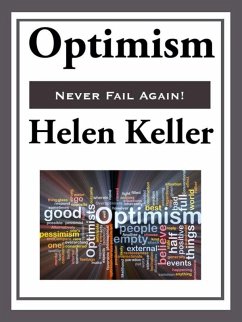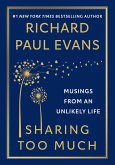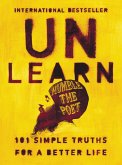Helen Adams Keller was an American writer and social activist; an illness (possibly scarlet fever or meningitis) at the age of 19 months left her deaf and blind. No matter how dull, or how mean, or how wise a man is, he feels that happiness is his indisputable right. It is curious to observe what different ideals of happiness people cherish, and in what singular places they look for this well-spring of their life. Many look for it in the hoarding of riches, some in the pride of power, and others in the achievements of art and literature; a few seek it in the exploration of their own minds, or in search for knowledge. Most people measure their happiness in terms of physical pleasure and material possession. Could they win some visible goal which they have set on the horizon, how happy they could be! Lacking this gift or that circumstance, they would be miserable. If happiness is to be so measured, I who cannot hear or see have every reason to sit in a corner with folded hands and weep. If I am happy in spite of my deprivations, if my happiness is so deep that it is a faith, so thoughtful that it becomes a philosophy of life, - if, in short, I am an optimist, my testimony to the creed of optimism is worth hearing. Helen Keller was left blind and deaf by a terrible disease at the age of 19 months, trapped in a shell of incomprehensibility. With the help of Annie Sullivan, she was able to overcome these handicaps and educate herself. Shortly after her autobiography, My Story, appeared in 1900, this book on Optimism was also published.
Dieser Download kann aus rechtlichen Gründen nur mit Rechnungsadresse in A, B, BG, CY, CZ, D, DK, EW, E, FIN, F, GR, HR, H, I, LT, L, LR, M, NL, PL, P, R, S, SLO, SK ausgeliefert werden.









